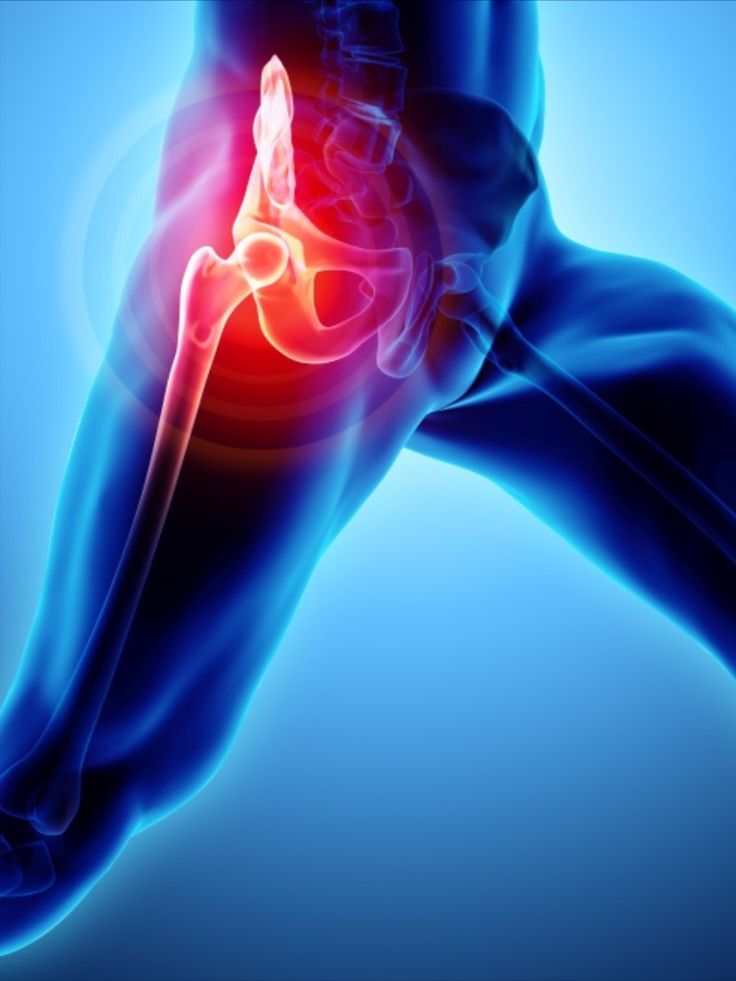
Hip replacement surgery can significantly improve your mobility, relieve chronic pain, and restore your quality of life. However, like any major procedure, success depends not only on the surgery itself but also on how well you prepare before the operation. Whether you’re planning a total or partial hip replacement, proper preparation can ease your recovery and enhance long-term outcomes.
In this blog, we’ll walk you through everything you need to know before your hip replacement — from medical tests and home safety to physical readiness and emotional support.
1. Understand the Procedure
The first step toward preparation is understanding what hip replacement surgery involves. During the procedure, the damaged portions of your hip joint are removed and replaced with prosthetic components. The most common reasons for this surgery include osteoarthritis, rheumatoid arthritis, fractures, and avascular necrosis.
Discuss with your orthopedic surgeon about:
- The type of implant being used
- The expected recovery timeline
- Potential risks or complications
- Long-term care after surgery
Knowing these details can ease anxiety and help you make informed decisions.
2. Preoperative Medical Assessment
Before surgery, you’ll undergo a thorough preoperative evaluation, which may include:
- Blood tests
- ECG or chest X-rays
- Urinalysis
- MRSA screening
- Review of current medications
If you have conditions like diabetes, high blood pressure, or heart disease, your physician will ensure they are optimally managed before surgery. Let your surgeon know about any supplements or medications you’re taking — especially blood thinners — as you may need to stop them temporarily.
3. Get in Shape: Strengthen Muscles Before Surgery
Stronger muscles around the hip joint can support faster recovery post-surgery. Ask your doctor or physiotherapist for a prehabilitation plan — exercises that improve muscle strength, balance, and flexibility.
Some common exercises may include:
- Leg raises
- Heel slides
- Ankle pumps
- Gentle walking or aquatic therapy
Regular movement before surgery helps reduce stiffness and improves blood circulation, both of which are crucial for healing.
4. Prepare Your Home for Recovery
After surgery, mobility will be limited for a few weeks. Making your home “recovery-ready” can prevent falls and ease daily tasks. Here are some tips:
- Install grab bars in the bathroom and near stairs
- Use a raised toilet seat and firm chairs with armrests
- Clear walkways of rugs, cables, or clutter
- Keep essentials like phones, water bottles, and medications within reach
- Arrange for someone to assist you with cooking, bathing, and mobility during the first few weeks
5. Pack Smart for the Hospital
Pack a small bag with items you’ll need during your hospital stay:
- Comfortable, loose-fitting clothes
- Slippers with non-skid soles
- Toiletries
- Any documents or test reports
- A list of medications and emergency contacts
If you use any walking aids like a cane or walker, inform the hospital in advance so arrangements can be made for post-op mobility support.
6. Plan Your Support System
Recovery is smoother with the right emotional and physical support. Arrange for a caregiver — whether a family member or professional — to stay with you during the initial days post-discharge.
Join a support group (online or local) if you feel overwhelmed or anxious. Sharing experiences with others who’ve undergone hip replacement can help normalize your feelings and motivate you during recovery.
7. Quit Smoking and Limit Alcohol
If you smoke, quitting at least 2–4 weeks before surgery significantly reduces the risk of infection and improves bone healing. Also, reduce or eliminate alcohol intake, as it can interfere with anesthesia and certain medications.
8. Follow Pre-Surgery Instructions Carefully
Your surgeon will give you specific instructions before the procedure, such as:
- When to stop eating and drinking before surgery
- What medications to take on the morning of surgery
- How to cleanse the surgical area (if advised)
Follow these guidelines strictly to avoid any delays or complications on the day of surgery.
Conclusion
Hip replacement surgery is a transformative procedure that can restore movement and improve your overall well-being. But its success relies heavily on how well you prepare — physically, emotionally, and environmentally.
If you’re considering hip replacement surgery or want to learn more about your options, consult Dr. Animesh Kumar, a highly skilled and experienced Orthopedic Surgeon based in Goregaon, Mumbai. With over 15 years of clinical practice, Dr. Kumar is known for his dedication, patient-focused care, and commitment to excellence in orthopedic surgery. His specialties include hip and knee replacement, trauma surgery, arthroscopy, and sports injury management.




